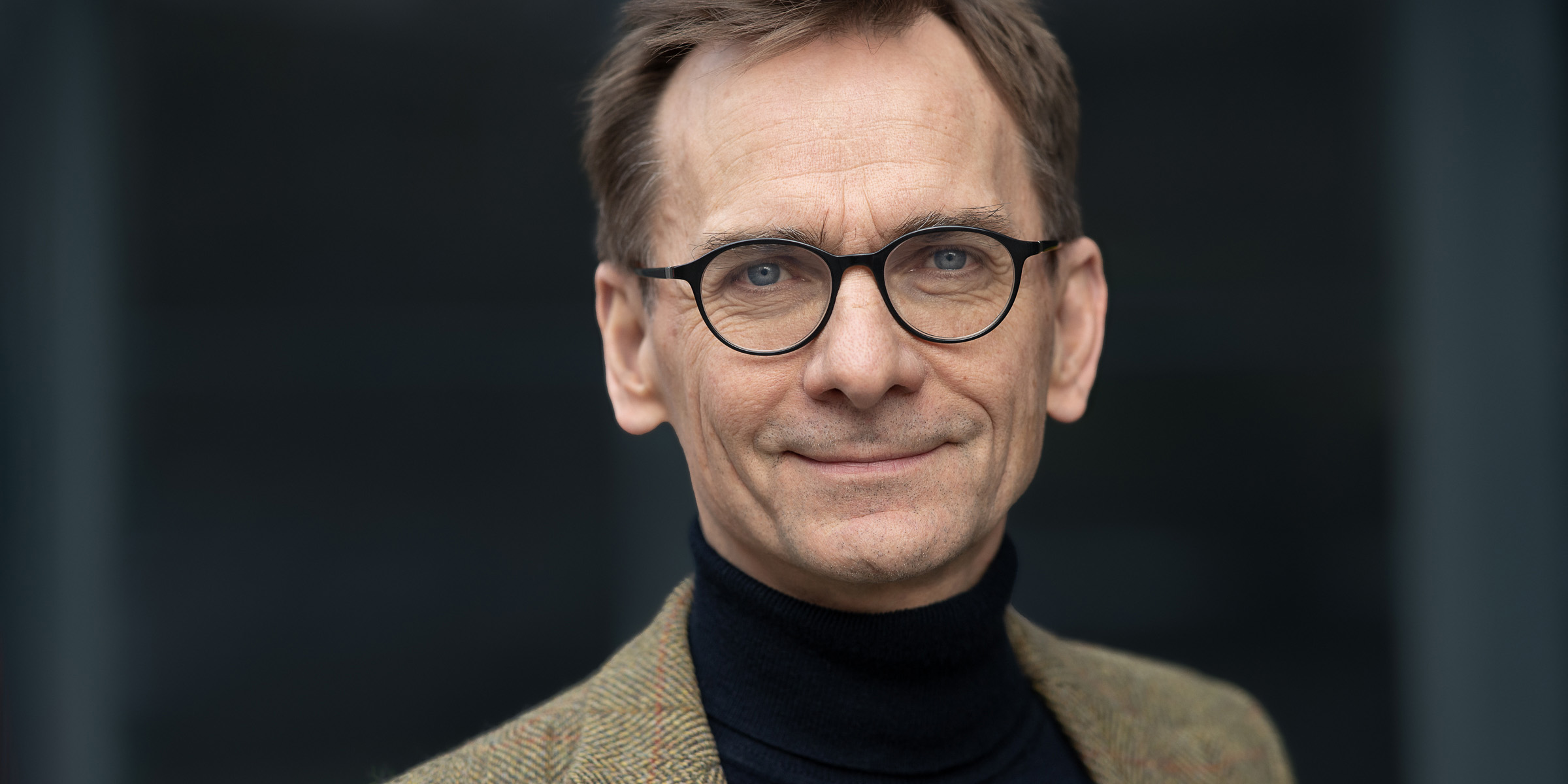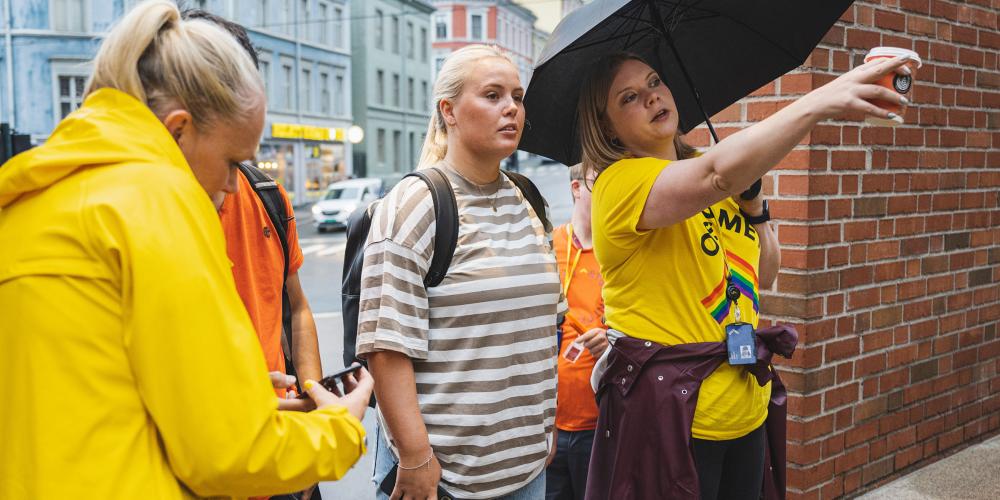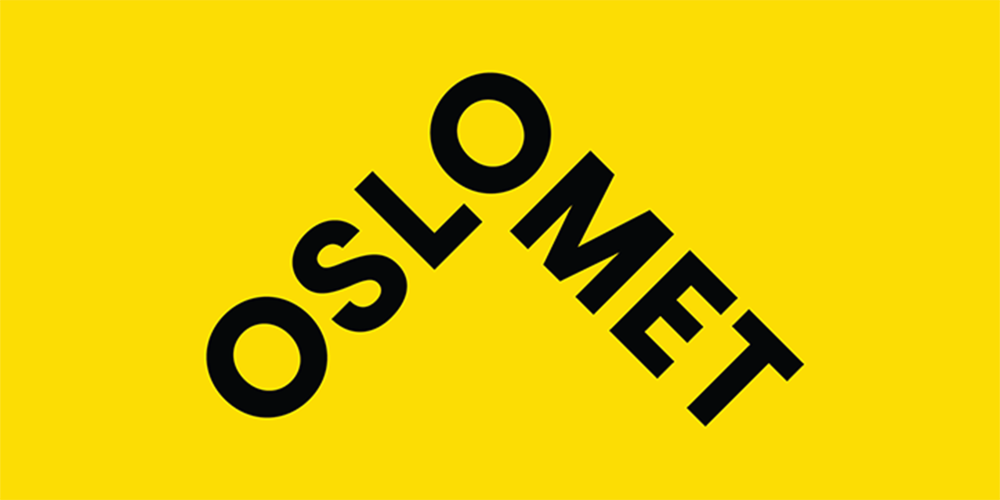
Rector summarizes January og February
Rector Christen Krogh summarizes activities, work and impressions from January and February.
Dear colleagues,
We have left behind a long and cold winter, and are now in the first month of spring. Spring brings with it light, something that unfortunately is not reflected in the current world situation.
January and February have been marked by the warfare and the horrible situation that continues for the population in Gaza, and for the university the months have been marked by debate about what we can do in this situation. At the end of January, OsloMet arranged a seminar where we discussed the importance of knowledge in war and conflict, in order to understand and manage the conflict better. We have also strengthened the Scholars at Risk (SAR) scheme at the university with a temporary one-year SAR position, and established a temporary arrangement with short-term hosting for vulnerable Palestinian researchers.
In February, the university board decided to put the exchange agreement with the University of Haifa on hold, and that no new general cooperation agreements on a institutional level with Israeli universities and colleges should be signed. This is not a general academic boycott of Israeli universities, and does not include research cooperation between researchers and academic communities at OsloMet and Israeli universities. OsloMet supports measures that promote dialogue between Palestinian and Israeli academics about peace and cooperation.
On February 24th, it was two years since Russia's full-scale invasion of Ukraine, and we unfortunately see no signs of this war ending. At the Norwegian Institute for Urban and Regional Research (NIBR), OsloMet has one of the country's leading research environments on Ukraine. They are behind the research network UKRAINETT which has now received 4.5 million kroner from the Research Council to further develop the network, including a separate branch of universities and research institutions in Ukraine. Congratulations to the academic community at NIBR that contributes to providing the knowledge base needed for the reconstruction of the country.
International cooperation is important, and an uncertain world underscores the importance of developing knowledge across national borders. In February, we received the good news that three researchers at OsloMet have been awarded a postdoc through the EU's prestigious mobility program Marie Sklodowska Curie Actions (MSCA). Two more researchers are on the waiting list. All credit to our researchers for their excellent work on proposals based on solid research activity.
On January 23, we got a new minister in our sector, when Oddmund Hoel was appointed Minister of Research and Higher Education. In mid-February, I visited him, and among other things, I spoke about OsloMet's commitment to Romerike and our plan to develop there in the years leading up to the new campus in Lillestrøm. Hoel, like us, sees the need for increased competence and labor in the region, and we were clear that 500 new study places for Romerike, which is our input to the state budget, are needed.
In February, we also had visits from politicians. Central county and parliamentary politicians from Akershus, both from the Conservative Party and the Labour Party, were given a tour of the simulation unit for nursing education and the premises for vocational teacher education at Kjeller, and got to speak with both students and employees. We had a good chat about OsloMet's contribution to the region and the plans for development, and the importance of good cooperation to achieve this. And at Kjeller, work is being done to strengthen the study environment - not least by campus hosts Hedda, Inga and Marte who are employed to initiate pleasant initiatives for the students at campus Kjeller.
Internally at the university, a lot has happened in January and February. The work with sub-strategies is well underway, with broad participation in the organization. All units are involved in the work on how our new strategy gives direction to the business in each individual unit, and how this is to be implemented in concrete action plans. The sub-strategies are currently out for consultation.
The campus program is working well, and the work with the concept selection study for a new campus in Lillestrøm is nearing completion. It is planned to present the report to the university board in May. The cooperation with the municipalities in Romerike is good, and in February, Carl, Pro-rector for social impact and collaboration, signed another letter of intent - this time with Nannestad municipality. We also enter into cooperation in other parts of the country - in January we went all the way to Svalbard to sign a cooperation agreement with the University Center in Svalbard (UNIS). The agreement means that students at OsloMet have the opportunity to seek Arctic competence by choosing from UNIS's courses at bachelor, master and PhD level.
As we enter March, we are really in the recruitment season towards the application deadline on April 15, and many employees have already been working with planning and activities for a long time. OsloMet travels around on school visits, we have a new study magazine and several different advertising campaigns on social media that make OsloMet visible to potential students. On March 7, we have an Open Day, and I look forward to greeting some of the curious school students who flock to campus this day to get an insight into what they can study and what student life is like.
And we need more students. The need for competence in some of the most important occupational groups in society is increasing, and it is especially necessary to increase recruitment to teacher education. In February, the Government presented a strategy for recruitment to teacher education and the teaching profession until 2030. The goal is to educate more teachers in kindergarten and school, and not least to get them to stay in the profession in a time of increased challenges related to the school environment and adaptation to rapid development of artificial intelligence.
In light of this, we are very concerned about the role higher education plays in social mobility. On March 12, we are organizing a breakfast meeting on this topic, and then present figures the Centre for the Study of Professions has brought forward about who we recruit to OsloMet. Our educations must be inclusive and recruit from all layers of society - we need all the labor and competence we can. Once again, I want to highlight the project that is based on OsloMet's research group Urban Children, which is established on Holmlia: "Where are my brothers?" Here, young men with teacher education work as role models to recruit multicultural men to higher education. They go around schools to motivate and give school students the belief that education is also for them. The Government highlighted this project in its teacher development strategy, and the initiative should be able to be copied by many more districts and municipalities in the future. We can never have enough good role models.
Finally, I want to tip everyone to read the column "employee of the month" on the employee websites every month. We are a good college at the university, across all academic environments and units, and it is great to be inspired and motivated by each other's viewpoints.
All the best for March and the first spring month!
Best regards, Christen
(The text is translated into English by using Google translate).










